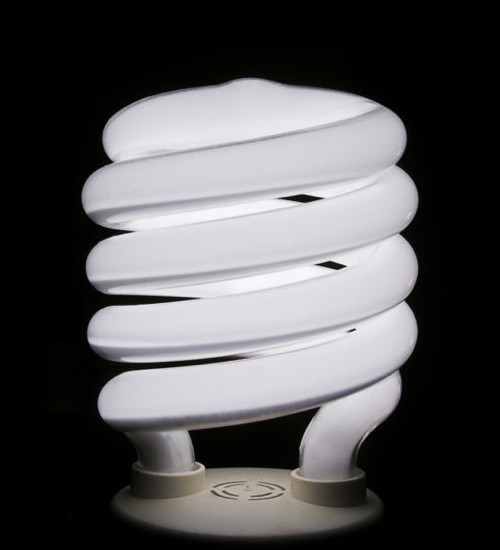Public Citizen disappointed by process as Big Money works to weaken, kill bill
Statement by Andy Wilson, Global Warming Program Director, Texas Office
This evening, the House Energy and Commerce Committee passed HR 2454, The American Clean Energy and Security Act (ACES or ACESA), sponsored by Henry Waxman (D-CA) and Ed Markey (D-MA), by a margin of 33 – 25.
We would like to thank Gene Green (D-Houston) and Charlie Gonzalez (D-San Antonio) for their support of this step towards clean energy and saving the climate from runaway global warming. It is unfortunate, however, that they chose to weaken the energy efficiency and renewable energy sections of the bill, as stronger mandates would mean more local jobs and more savings for Texans.
They also supported giving away billions of dollars worth of carbon credits to polluters for free, despite knowing that these giveaways hurt low income households the most.
Big money was the deciding factor in this process, with the energy industry donating a total of $3.1 million on all members of the Energy and Commerce Committee in the 2008 campaign cycle, with nearly $2.3 million of that going to committee Republicans, who presented nearly monolithic opposition to the bill and attempted to weaken it at every turn. Ranking member Joe Barton (R-TX) received $406,887 in campaign contributions from the energy industry, the largest amount of any member on the panel, and orchestrated the GOP opposition. Notable opposition to the bill came from Jim Matheson (D-UT), who received $103,097, Charlie Melancon (D-LA), who received $125,100, John Barrow (D-GA) who received $88,743, and Mike Ross (D-AR) who received $59,800. The first three of these received more money from the energy industry than any other Democrats on the panel, while Ross was the fifth largest recipient among Democrats.
The architects of the compromises which weakened the bill also received large contributions from the energy industry, including Rick Boucher (D-VA) who received $67,300 and was the architect of the plan to give coal-fired electric utilities nearly all of their pollution credits for free. A similar deal was struck with oil refineries, whose donations to Gene Green (D-TX) and Charlie Gonzalez (D-TX) along with other energy industries was equal to $84,500 and $51,250, respectively.
Unfortunately, the bill leaves the committee weaker than it came in. It has moved to a short term reduction of CO2 emissions of only 17%, even though the research by the Nobel Prize winning IPCC shows that target needs to be closer to 30%. This bill is also potentially a budget buster, as it has moved away from President Obama’s original position of auctioning all of the pollution credits to giving away credits worth billions in revenue to industry for free. By giving away 85% of all carbon credits to industry, the Congress has also limited their ability to help low-income consumers and invest in efficiency, renewable energy, and international programs to aid lesser developed countries. Furthermore, they have added unlimited loan guarantees to the nuclear industry, even though the Government Accountability Office (GAO) has stated that it is likely that more than 50 percent of all nuclear loans will fail. The loan guarantees would be used to
Even worse, by giving away too many credits to special interests, we will repeat the mistakes of the European carbon market, where too many credits were given away at the outset and actual carbon reductions did not occur. Utilities still passed on “compliance costs” to their customers and prices increased, which led to the EPA’s analysis of the Waxman-Markey draft that any giveaways to industries are “highly regressive.”
A well designed cap and invest program with strong efficiency and renewable energy standards would save the average Texas household $900 per year according to a study by the Union of Concerned Scientists. We fear that by weakening the bill, as the Energy and Commerce Committee has, this savings could evaporate.
Now that the committee process has ended, it is now the responsibility of every Texas Representative to strengthen HR 2454. The bill needs to move back to scientifically and economically based goals in order to protect consumers and create a green jobs future for every family in the country.
Read Full Post »
 NEWSFLASH! Carbon Dioxide emissions may represent a threat to public health or welfare.
NEWSFLASH! Carbon Dioxide emissions may represent a threat to public health or welfare. The Houston Chronicle ran an Op-Ed Sunday entitled
The Houston Chronicle ran an Op-Ed Sunday entitled  This week t
This week t

